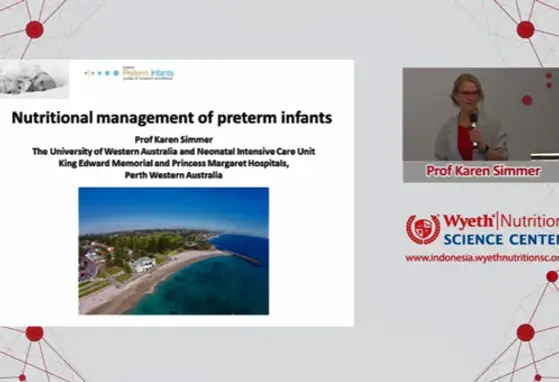Pre-term Nutrition

Nutritional management strategy for preterm infants
Nutritional management strategy for preterm infants


Omega-3 and pregnancy: New Cochrane Review reveals reduced risk of pre-term births
Omega-3 and pregnancy: New Cochrane Review reveals reduced risk of pre-term births


Preterm Nutrition: Effect on Growth, Morbidity and Cognition
Preterm Nutrition: Effect on Growth, Morbidity and Cognition